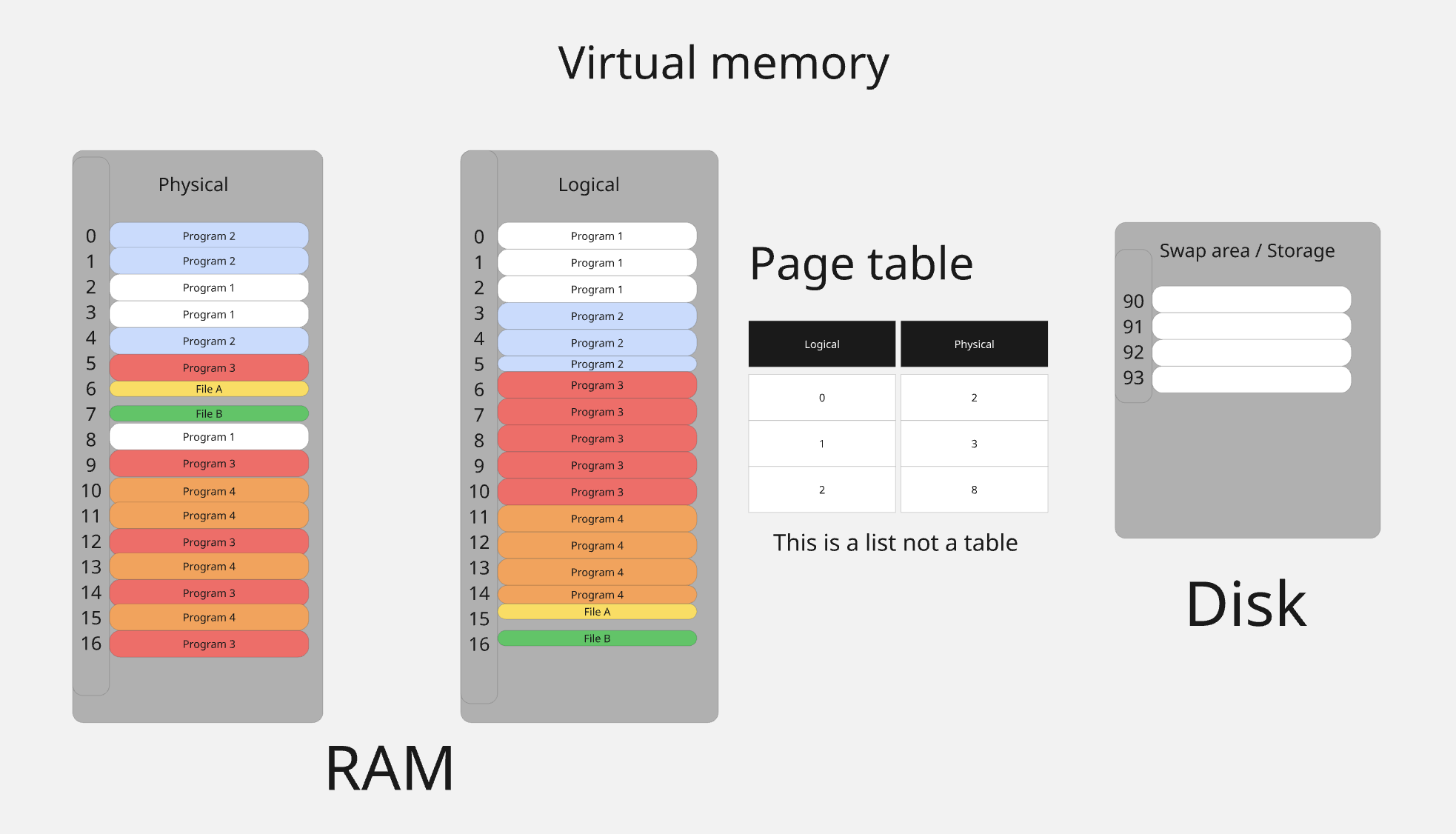What would the world look like if people didn’t have to work to meet their immediate needs like housing, healthcare, and food? A 2021 German study tested the effects of UBI, or Universal Basic Income, and found that it didn’t turn people into lazy layabouts — instead, it improved mental health, feelings of autonomy, and generosity.
As social scientist writes, UBI studies across the world — from Germany, to Finland, to the slums of Liberia — have consistently proven that basic income benefits communities as a whole and does not, as detractors like to claim, cause everyone to quit their jobs.
In the German study, employment rates remained identical between those who received €1,200 a month (around $1,300) and those who didn’t. The payments did encourage people to switch jobs more readily, in pursuit of work that satisfied them:
“Afterwards, people in the former group described themselves as significantly more satisfied with their work situation, suggesting that the financial cushion allowed them to explore new paths and pursue roles better aligned with their skills and interests.”
This group also saved an extra €450 (~$515) a month, began donating more, and shared their money with others, in what researcher Conrad Shaw calls “flowing up” — a much more legitimate phenomenon than the “trickle-down effect.” It created a higher sense of autonomy, especially in women. “Instead of asking ‘what if no one wanted to work anymore,’” Jgln writes, “we should ask: what if people started living more?”
It can be easy for U.S. residents to read these studies as uniquely European phenomena, but UBI is an increasingly important concept for the United States to consider. As computer scientist writes, programmers are being laid off by the droves, thanks to innovations in AI. Hathibelagal predicts that this will lead these workers to move to suburban and rural areas with lower costs of living; he argues that “governments should introduce tax incentives for companies that retrain workers or fund universal basic income (UBI) pilots.”
Hathibelagal also points to Alaska, where the state distributes at least $1,600 annually to each resident from oil revenue. That’s not enough to pay someone’s rent — but it is proof that, with a little imagination, these programs are possible in the U.S., too.
—
- Do you feel like your favorite podcasters are your friends? You’re not alone. goes deep into how and why these popular parasocial relationships form. A stat that stood out: According to one recent poll, 12% of American adults said they had no close friends (a stat that’s quadrupled over the past 30 years), which gives a lot of context as to why the intimate nature of podcasting is so appealing.
- explores the cause-and-effect of how her attention-starved childhood turned her into a professional chef. It’s well-written and touching, but there’s a meta-aspect to it: it was a reader of hers who pointed out the connection between her past and present. It’s an important reminder of how vulnerable writing allows people to see you and name things you couldn’t name yourself.
“Zebras’ stripes are not for hiding in the grass, but to camouflage themselves against the herd itself and create a visual confusion that makes individual animals less attractive to the predator.” — in The Zebra Principle
It’s never too late to start writing. Subscribe to our pop-up newsletter and spend the month writing with us — get daily prompts, practical approaches, and support in your inbox, and you’ll be publishing the story only you can tell by the end of the month. Catch up on the first week of prompts and join in here!
.png)




